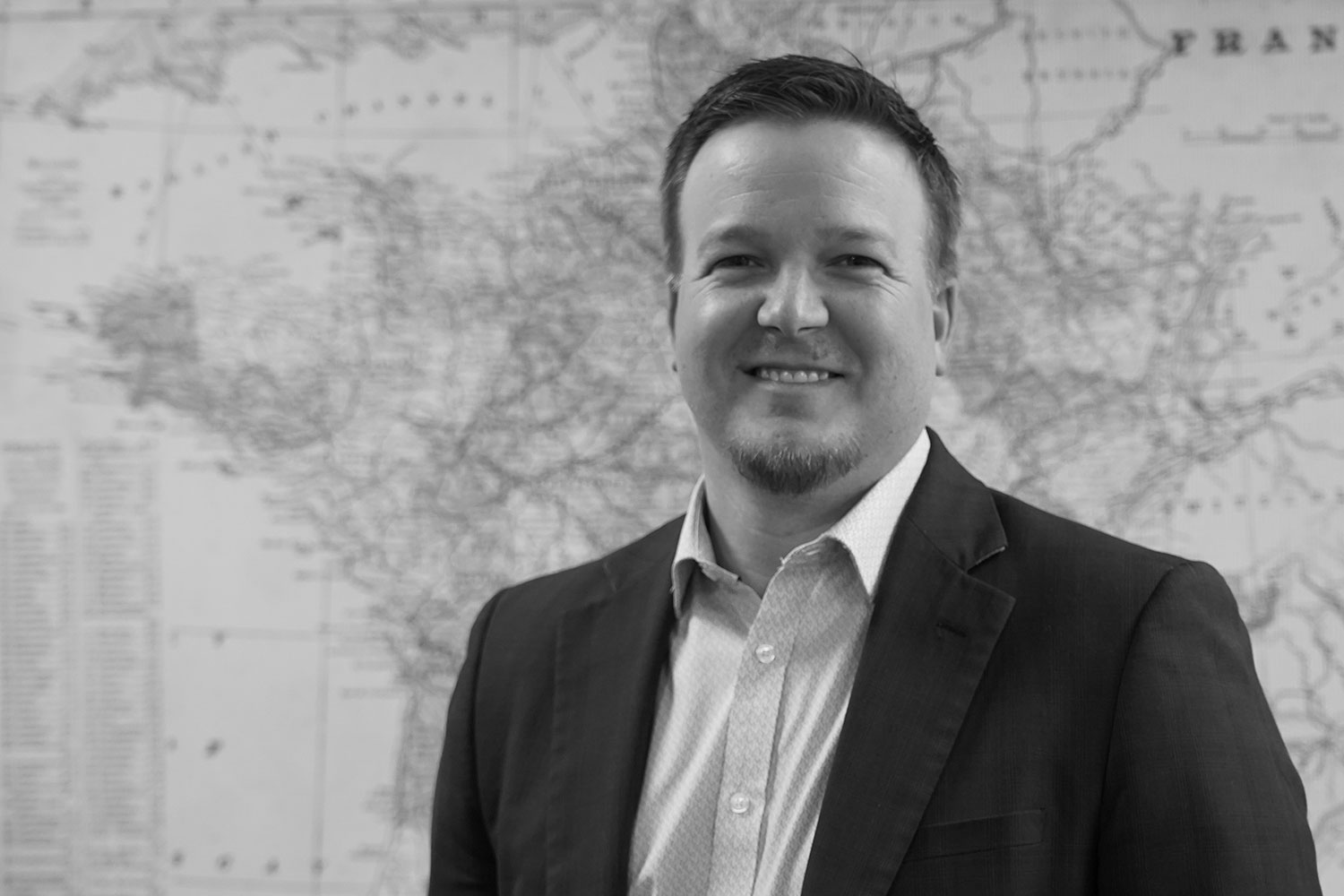
10 Apr Optiv’s Chad Holmes: From Architectural Engineering To Cybersecurity Guru
EVP and Chief Services and Operations Officer took the long road

Northport, N.Y. – Apr. 10, 2019
Chad Holmes mastered the art of problem-solving. “I’ve just naturally had that creative gene,” he said as he sat down to talk with Cybercrime Magazine.
A thought leader in cybersecurity, Holmes began his career in architectural engineering — inspired by his father, who was a general contractor — at the time when things started to become digitized e.g. switching from board drawings to CAD (computer-aided design). He took over some of the IT aspects at the firm where he worked, liked it, and decided to go back to school for computer science.
Holmes roughly divides his cybersecurity career into three stages, describing his path as an evolutionary process. In the first stage, he worked on the operational side of things — looking at risk, vulnerability, identification, and attack and pen activity. Then he transitioned to building technologies and products for various markets. Now he wants to make an impact on organizations by driving innovation and providing strategic solutions for clients.
This last stage brought him to Optiv Security, Inc. where he is EVP and chief services and operations officer. Optiv offers a full program of security solutions — services, operations, and technology. It’s a one-stop shop that supplies companies with all they need to bolster their cyber defenses.
“We provide everything from advisory consulting services to integration services to operational services,” says Holmes. “It’s end to end and trying to help customers not just search strategy but tactical execution.”
Optiv has 28 offices in the United States and a global presence with locations in the UK, India, and other countries. Over a thousand consultants in the U.S. serve more than 10,000 engagements each year. With this kind of portfolio, the company is one of the largest cybersecurity system integrators in the world, according to Holmes.
Helping organizations solve threat problems is one of Holmes’s passions, making him perfect for his current role. He flexes his creative muscles — gained from more than 20 years in the field — to infuse cybersecurity plans into business decisions.
Everyone acknowledges the gender divide within the industry, but one overlooked problem is the lack of neurodiversity — a relatively new concept that focuses on treating people with neurological differences in the same way as people with other distinct characteristics like gender and race. Holmes is working on this, too.
Inspired by one of his children who is autistic, Holmes founded a nonprofit organization — The Holmes Research Foundation — that’s deeply invested in promoting neurodiversity within the cybersecurity field. The nonprofit focuses on how to combine advancements in technology, cybersecurity, and healthcare so that more neurologically diverse people can enter the field. By increasing neurodiversity, the talent gap and the 3.5 million job shortfall can significantly change.
From architectural engineering to technician to thought leader to nonprofit founder, Holmes’s broad experience has taught him how to think creatively. He brings this mindset to the problems that he faces in the security industry — and finds solutions.
We need experts like Holmes to effect change in the industry and address the unforeseen, yet inevitable cyber attacks.
– Steven T. Kroll is a public relations specialist and staff writer at Cybercrime Magazine.



